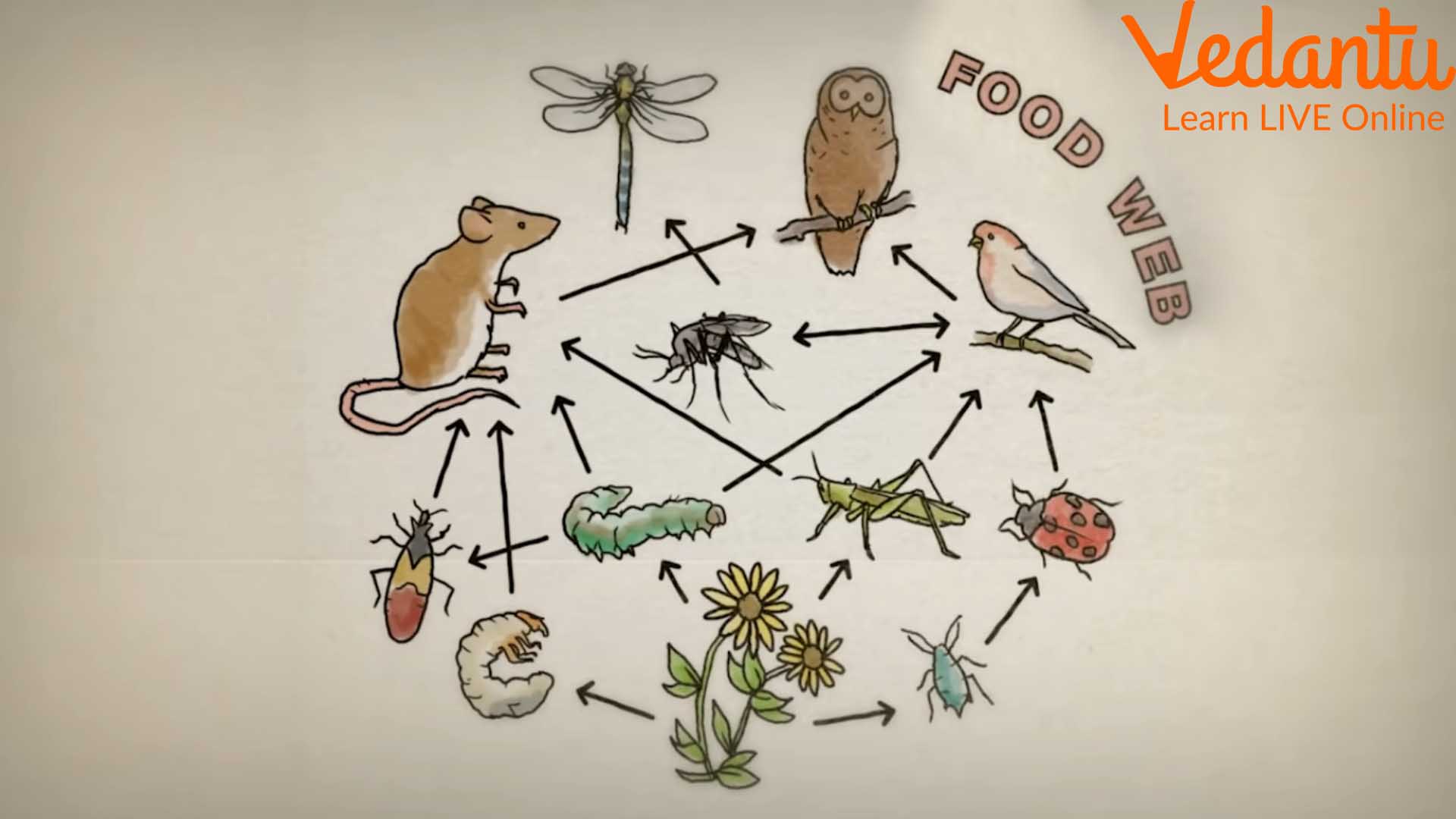Consequences of All Insects Vanishing from Earth
Arthropods or insect phylum are considered to be the largest in the world. You will find insects almost everywhere on our planet. It is estimated that there are more than 3.7 million species in the world distributed in various ecosystems. From lobsters to mites, ants to butterflies, all are insects. So, here is a question. What will happen if all the insects cease to exist?
This is a big question and it has a serious answer too. Insects aggregately form the largest biomass in any ecosystem. You will be surprised to know that an estimated 10 quintillion insects are alive on our planet right now. For your information, a quintillion contains 18 zeroes! So, what if all the insects vanished? Let us find out.
Now that we know the estimated number of the insects, it creeps us out. To our surprise, insects are the prime pillars of our ecosystem and the environment. In fact, the survival of many animals and even the balance of an ecosystem depend on the insects. Before delving deeper, let us learn what insects are first.
In simpler words, insects are animals with jointed legs and three distinct divisions of their bodies which are the head, thorax, and abdomen. They possess an exoskeleton. It is a hard construction formed outside the body for protection. They may or may not have wings. In most cases, insects have six legs. The commonest examples are flies, mosquitoes, cockroaches, etc.
These animals are invertebrates and are called arthropods. The meaning of this name signifies their segmented body and jointed legs. Insects or arthropods are the most common and populous animals in any ecosystem. Without them, an ecosystem will surely collapse.
Many of us don’t like insects and that is entirely based on basic instincts. Insects can be venomous. Generally, they have certain defence mechanisms that tend to harm or threaten to harm. So, a world without insects can be a better place for many. Well, this is actually not feasible. Insects comprise the lion’s share of the biomass of almost every ecosystem we can name. Their presence is mandatory for the balance of nature. Let us find out what will happen if all the insects vanish from the earth.

Insects are an Important Part of Ecosystems
Collapse of All Food Chains
As mentioned earlier, insects are an important stratum of all food chains. The producers or plants trap the solar energy to make food through photosynthesis. It is the insects that eat plants and let this energy flow to the next level. Animals consuming insects or insectivores will depend on this energy to survive. In this way, a food chain is supported by the presence of insects.
If insects are removed from our planet, we will not be able to survive as all the food chains will collapse. This food chain collapse will result due to the obstruction of the flow of energy from one level to the other. Plants will automatically grow faster and will consume an ecosystem entirely when all the animals die. Eventually, plants will also cease to exist. Hence, insects are a crucial part of all ecosystems.
No Pollination
What do we eat? We eat vegetables, fruits, cereals, pulses, and various other plant products. We also eat various animal products. These animals are industrially reared using plant sources as food. Now, plants grow when the flowers are pollinated. Almost all higher-level plants are flowering species. It means pollination is an important part of their biological processes. It ensures the development of a new generation of plants. You will be surprised to know that more than 75% of the crops produced in the world are pollinated by insects.
We get food from pollinated fruits, vegetables, etc. Plants species are cultivated using seeds. If there is no pollination, we will not get anything to sow and our food sources will collapse. This is where the insects play a remarkable role. They pollinate flowers and assist in taking the first step in the formation of fruits and seeds. If there are no insects, there will be no plants to support our basic food requirements. Plants with no requirements for pollination will be able to survive but that will not be enough.
No Diseases Caused by Insects
There are many diseases where insects are vectors. They carry the pathogens and transfer them to the human body by different means. For instance, mosquitoes are responsible for the spreading of malaria, dengue, etc. Houseflies are responsible to spread typhoid, cholera, dysentery, anthrax, etc. All these are deadly diseases spread by these insects. If there are no insects, such diseases will not be spread and cause an epidemic.
No Use of Insecticides
If there are no insects, our crops will remain safe from pests. We will not have to use pesticides to get rid of insects damaging our crops. Hence, our food sources will be better and safer to consume due to the absence of artificial pesticides.
Without Insects, There is No World
If we lose all insects on the planet, we will face bigger problems than the relief from pesky disturbing elements. Consider this as an example. If we simply remove dung beetles, we will have to face a huge problem with animal faeces. If we lose all the honeybees, we will not be able to pollinate flowers and will have to lose a lot of plant species in the process.
We can easily conclude from the above discussion that insects are the prime pillar of ecosystems. Their biomass is much higher than all the animals in aggregate. It means their existence is also very important for the survival of almost all plants and animals in any ecosystem we can name.







